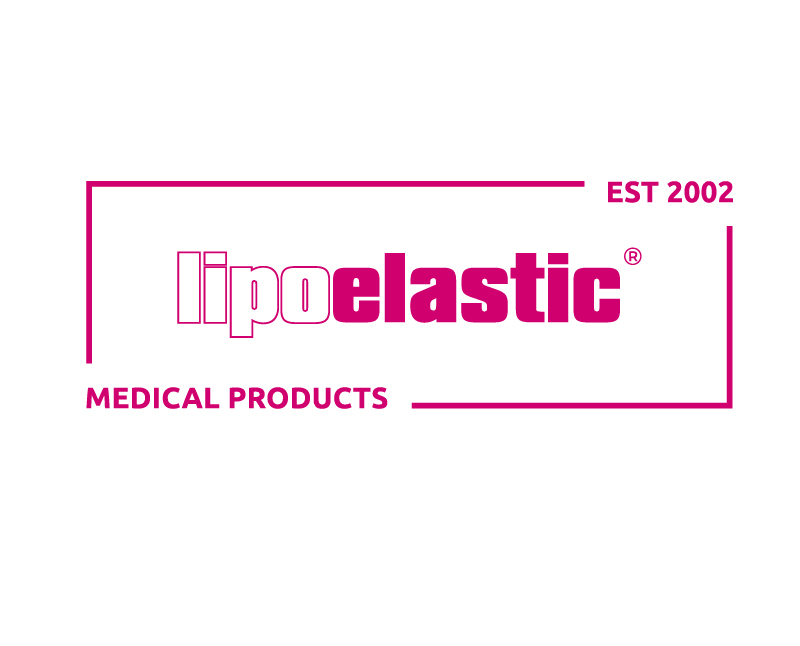Medical tourism is on the rise, with more patients travelling abroad for cosmetic and surgical procedures in search of lower costs or quicker access. But what happens after the surgery is often overlooked, and it’s becoming a growing concern for the NHS.
.png)
A Rising trend in corrective procedures
UK residents travelling abroad for medical procedures have increased significantly in recent years. In 2022 alone, an estimated 348,000 people left the UK for medical treatment overseas, driven by long NHS waiting times and lower prices abroad.
Unfortunately, many of these patients return home too soon after their surgeries, often discharged just 1–2 days post-operation and end up seeking care for complications through the NHS. A study from the Canniesburn Plastic Surgery Unit in Glasgow found that 81 patients over five years required NHS treatment for complications related to cosmetic surgery abroad, costing NHS Scotland £755,560, or approximately £9,328 per patient.
Doctors across the UK have warned that these cases are not rare. Many NHS hospitals have had to cancel elective procedures to accommodate emergency corrections for patients returning from abroad.
(1).png)
Why timing matters
Post-operative recovery isn’t just about rest – it involves wound monitoring, understanding how swelling actually works, managing swelling, compression therapy, and follow-up consultations.
Rushing to travel immediately after a procedure can increase the risk of:
- Blood clots due to long-haul flights
- Delayed wound healing
- Lack of access to professional follow-up a
- Compromised surgical outcomes
What patients should consider before travelling for surgery
If you’re considering travelling abroad for surgery, here are three essential things to keep in mind:
.png)
1. Plan for recovery – not just the procedure
Budgeting time for recovery is just as important as choosing the right clinic. Ideally, patients should stay near their surgical provider for 7–10 days post-op (or longer, depending on the procedure) to allow proper aftercare and wound management.
2. Understand what aftercare you’ll have at home
Ask the clinic what happens after you fly home. Will they provide support remotely? What if complications arise? Will you be referred back to a UK provider or left to navigate the system yourself?
3. Respect the healing process
Your body needs time. Give it that time. Pushing through travel, skipping compression garments, or assuming all will go smoothly may cost you more in the long run - in health, stress, and corrective procedures.
We believe every patient has the right to choose their path – including where they undergo surgery. But informed decisions and responsible planning can protect both the patient and the healthcare systems they rely on.
Resources
- MedRxiv Preprint. (2025). "The Rise in Outbound Medical Tourism from the UK." Retrieved from https://www.medrxiv.org/content/10.1101/2025.04.02.25325086v1.full-text
- ScienceDirect. (2024). “Medical tourism: the cost of cosmetic surgery abroad.” Journal of Plastic, Reconstructive & Aesthetic Surgery. Available at: https://www.sciencedirect.com/science/article/abs/pii/S1479666X24000441
- The Guardian. (2024). “NHS having to ‘pick up the pieces’ of medical tourism boom, say doctors.” Retrieved from: https://www.theguardian.com/society/article/2024/jun/25/nhs-having-to-pick-up-pieces-of-medical-tourism-boom-say-doctors

 LIPOELASTIC TEAM
LIPOELASTIC TEAM 



 England
England



 Wales
Wales
 Scotland
Scotland
 Northern Ireland
Northern Ireland
 Ireland
Ireland
 United States of America
United States of America
